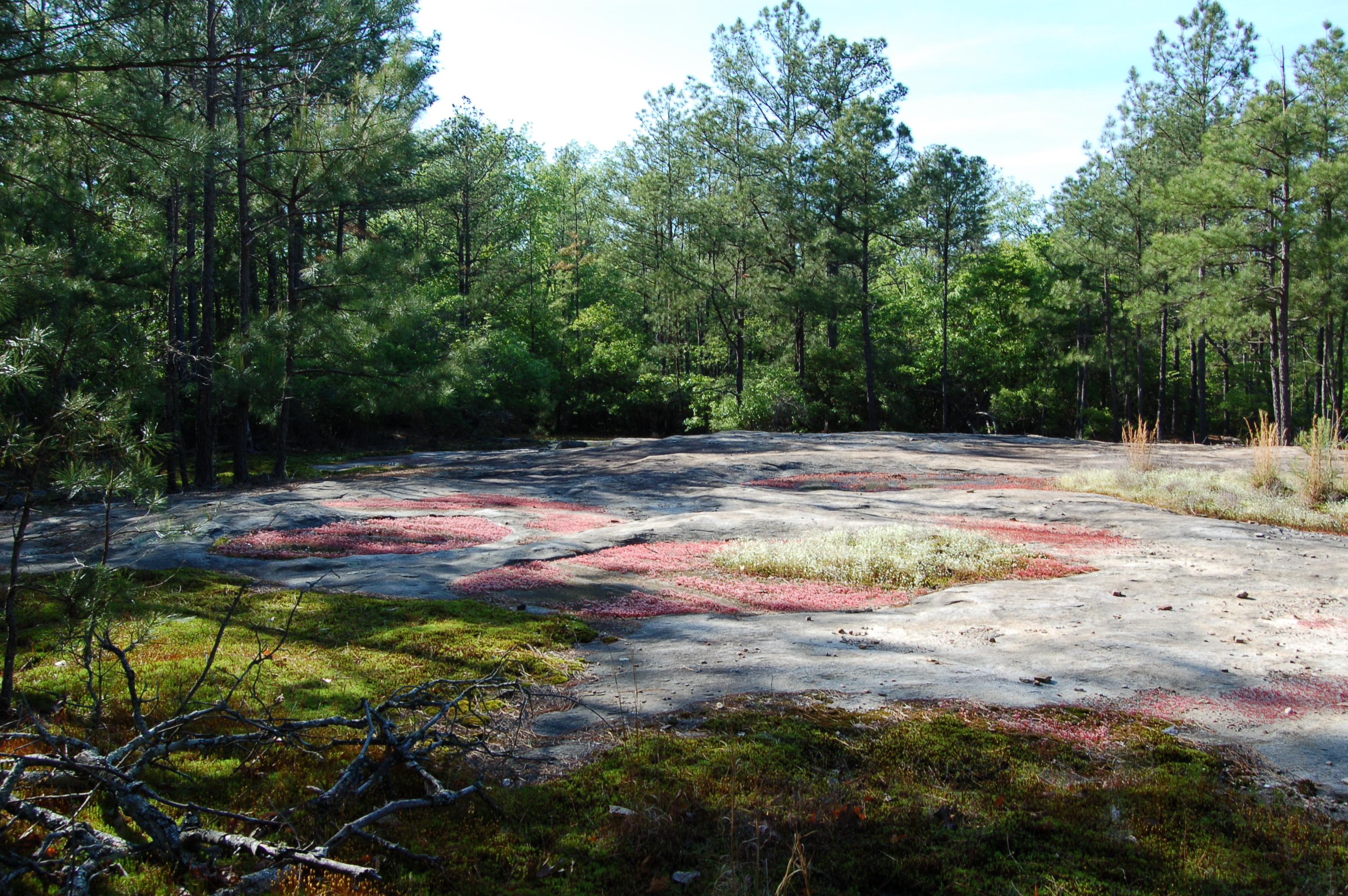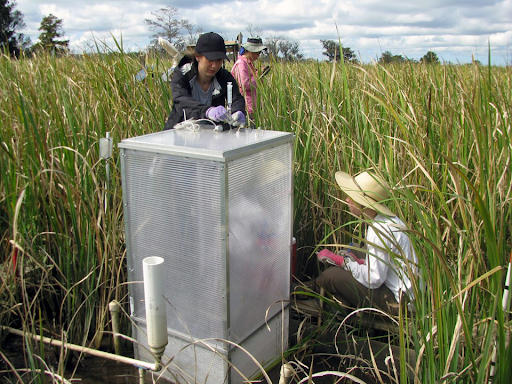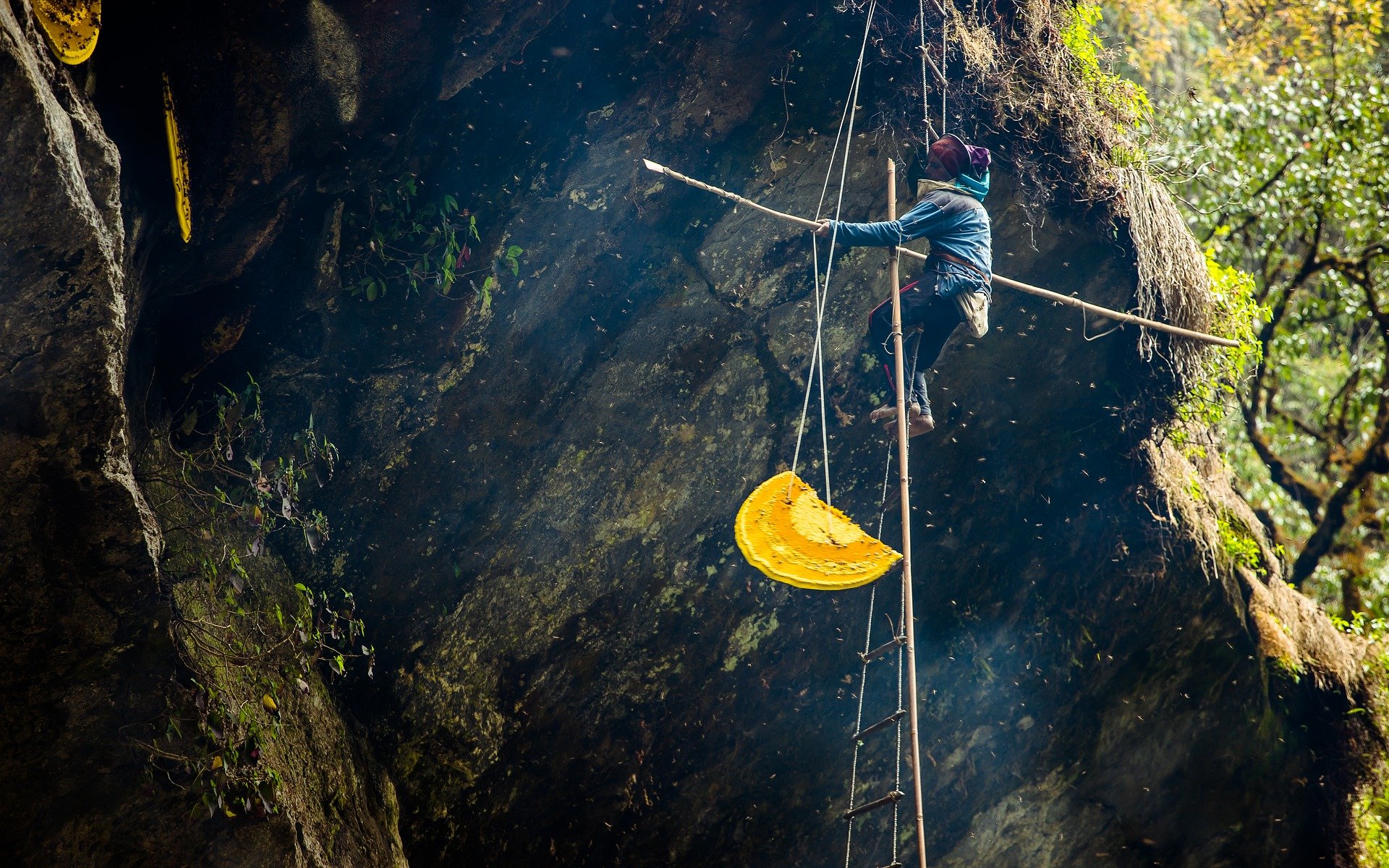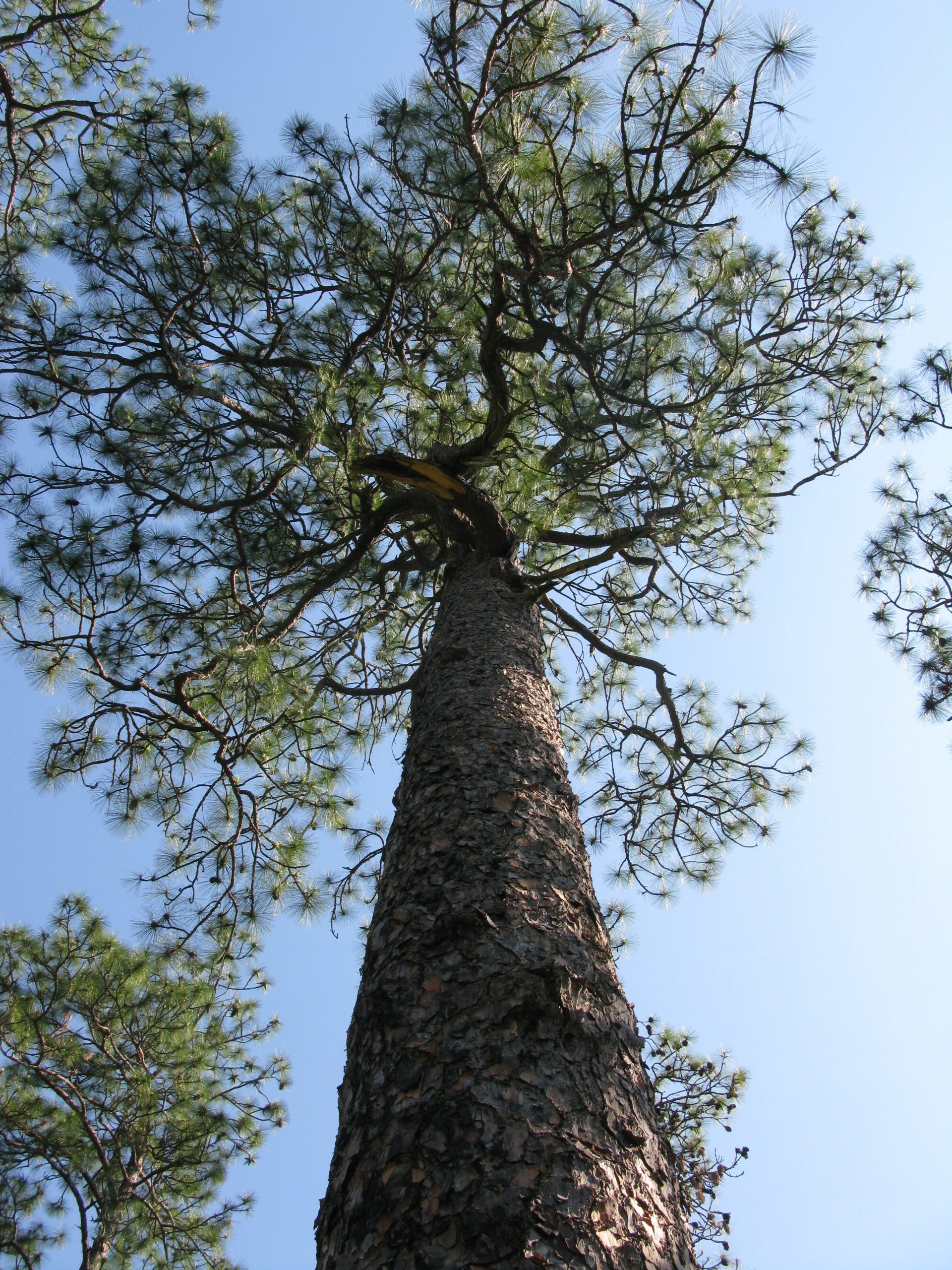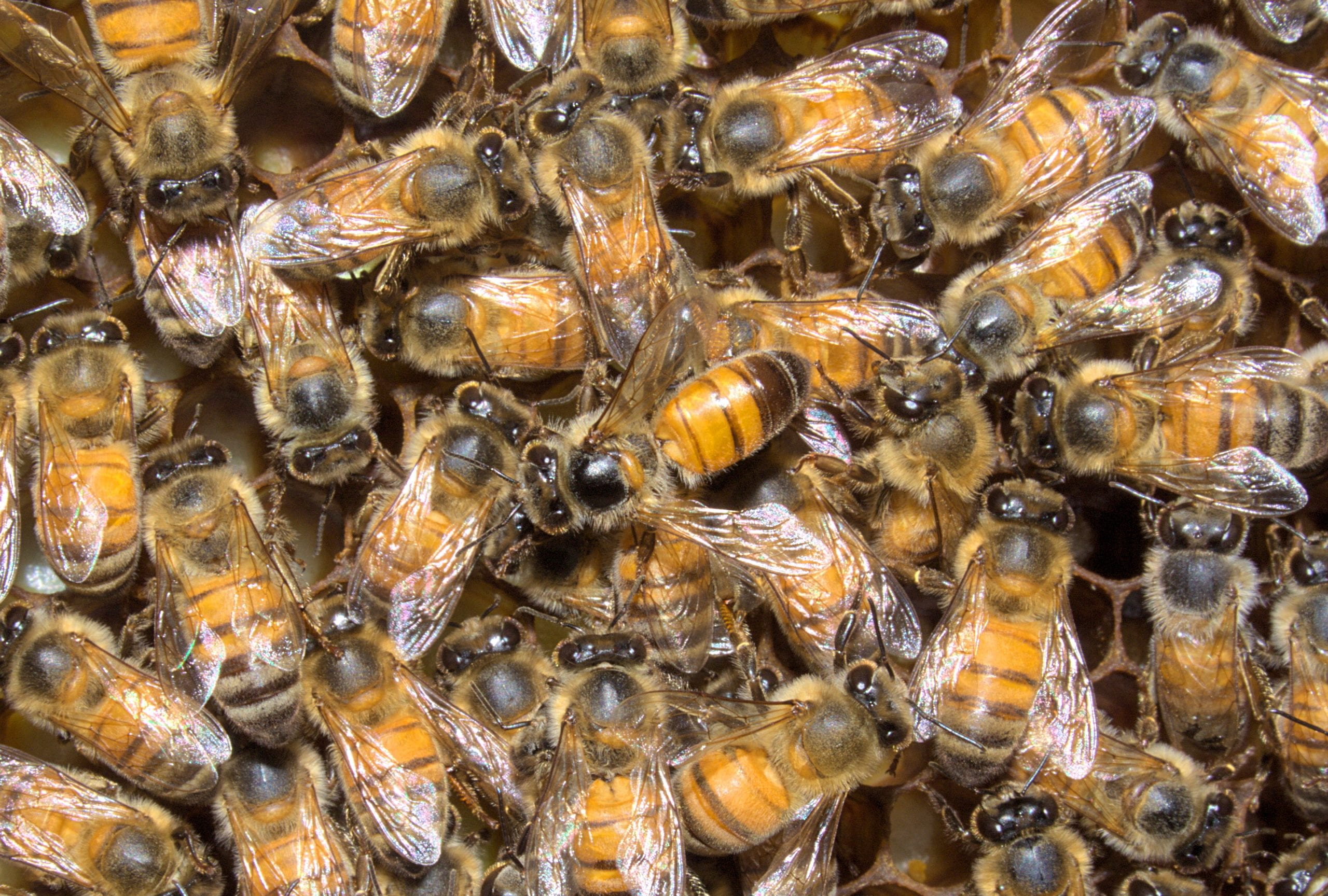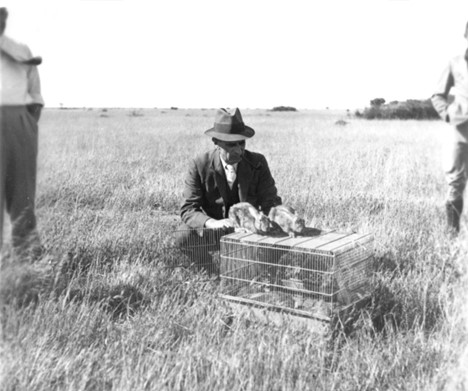
Coincidence? I think not, Mr. Rabbit
Bunny-pocalypse Image depicting the spread of rabbits in Australia from Alves, et al. 2021 (Creative Commons Attribution-NonCommercial-NoDerivatives License 4.0 (CC BY-NC-ND). In 1859, a wealthy English settler named Thomas Austin imported 24 European rabbits into Australia as game for shooting parties. This seemingly small event would soon reshape the continent. Thomas Austin was a member



